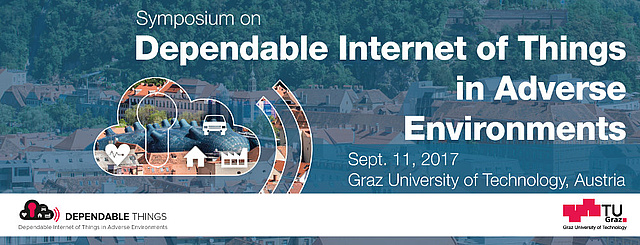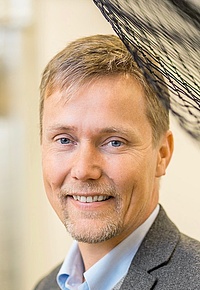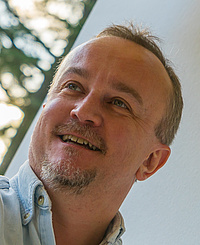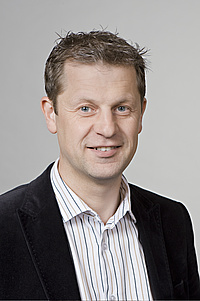Bio: Gian Pietro Picco is a professor in the Department of Information Engineering and Computer Science (DISI) at the University of Trento, Italy. His research spans the fields of software engineering, middleware, and networking, and is oriented in particular toward wireless sensor networks, mobile computing, and large-scale distributed systems. He holds a European patent on a WSN-based adaptive lighting system for road tunnels. In terms of academic impact, Gian Pietro’s papers have 10200+ citations, with an h-index of 46 (based on Google Scholar). He has been the recipient of several awards, including a “Most Influential Paper” at ICSE’07 (for a paper published a decade earlier) and Best Paper Awards at IPSN (2009, 2011, 2015) and PerCom (2012). He is an associated editor for ACM Trans. on Sensor Networks (TOSN) and IEEE Trans. on Software Engineering (TSE).
Abstract of the talk: The premise for this talk is a 90-node wireless sensor network (WSN) deployment we completed a few years ago in a road tunnel, as part of a patented closed-loop, adaptive control system that reduced the energy consumption of the tunnel lighting system up to 50%. The WSN nodes lasted for 1.5 to 2 years, which met the original project goals. In this talk, however, we show how this real-world baseline can be extended by two orders of magnitude.
First, we replace the periodic reporting in our deployed system with one based on data prediction. At each node, a model predicts the sampled data; when the latter deviate from the current model, a new model is generated and sent to the data sink. Data prediction is known to achieve a remarkable suppression of application traffic; nevertheless, its interplay with the underlying WSN stack had never been ascertained, nor its feasibility on resource-scarce WSN devices. In contrast, our novel Derivative-Based Prediction (DBP) technique is simple, implementable on mote-class devices, and performs better than the state of the art in 7 public datasets (including the one from our tunnel deployment) where it achieves a data suppression rate up to 99%. However, we also showed that, when executed atop a staple WSN stack (CTP + BoX-MAC), data prediction "only" achieves a 7x lifetime improvement due to the overhead of idle listening and topology maintenance. Therefore, we replace this staple stack with a novel one, called Crystal, we expressly design for data prediction. Crystal exploits synchronous transmissions to quickly and reliably transmit data prediction model updates when these occur (infrequently but often concurrently), and minimizes overhead during the (frequent) periods with no updates. Based on 90-node experiments in the Indriya testbed and the same 7 public datasets above, we show that Crystal unleashes the full potential of data prediction, achieving per-mille duty cycle with perfect reliability and very small latency. In our original tunnel deployment, Crystal would achieve an 80x lifetime improvement, effectively achieving energy-neutrality with a software-only solution.




